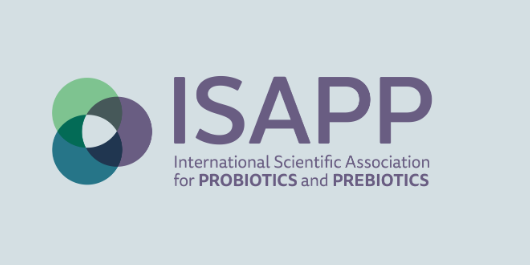
Winclove Probiotics, specialized in research, development and manufacturing of probiotic formulations, has joined forces with the University of Reading, a global university in Reading, Berkshire, England. This collaboration aims to gain more insight into how probiotics can improve brain functionality.
One of the focus areas of Winclove Probiotics is understanding the mechanisms of gut-brain communication in the human body and therefore Winclove is always looking for partnerships in this area. University of Reading conducts many studies on improving cognition (mainly through food supplements) and therefore has a lot of expertise in the combination of microbiology and cognition.
Winclove has been involved in one of the earliest human studies showing positive effects of probiotics on mental health (Steenbergen et al. 2015). Others have shown similar benefits on vulnerability to depression and emotional and cognitive processing following probiotic intake. However, the working mechanisms by which probiotics can influence mood, cognition or other brain processes, are still unclear.
The new partnership is sponsoring research which will be looking at how probiotics can positively influence cognitive function and mood outcomes in humans and which biological changes, such as neurotransmitters or hormones may underpin any observed effects. A PhD student Jess Eastwood has started a three year study under supervision of principal investigators Dr Daniel Lamport and Professor Claire Williams (Psychology and Clinical Language Sciences), and Dr Gemma Walton (Food and Nutritional Sciences) to look at this.
The results of the study will contribute to the development new probiotic formulations. Dr. Daniel Lamport, an Associate Professor in Nutritional Psychology at the University of Reading said “This is an exciting new partnership which combines our strengths as a leader in the research of the gut microbiome with nearly 100 years of study in the field of Psychology. The gut-brain axis is right at the frontier of science at the moment with potential to help us understand how we can improve mental health and maximise our cognitive abilities. We are looking forward to working more closely with Winclove Probiotics who bring global expertise and reach to further explore the gut-brain axis together.”
Coline Gerritsen, Director R&D: “We are thrilled to collaborate in this explorative project with Jess Eastwood as it provides the unique opportunity to strengthen our research and development activities in the gut-brain area. We believe that their extensive knowledge on the impact of nutrition on the gut microbiome and cognitive function, combined with our expertise in the development of evidence-based multispecies probiotic food supplements will provide a solid basis for the further development of probiotic food supplements that can positively impact brain health.”
University of Reading
The University of Reading is a global university that enjoys a world-class reputation for teaching, research and enterprise. The University was established in 1892, received its Royal Charter in 1926, and has developed into a leading force in British and international higher education. We deliver a world-class student experience, research-led teaching and our graduate employability record is excellent.
Winclove Probiotics
Winclove Probiotics, established in Amsterdam, has been specializing in research, development and manufacturing of probiotic formulations since 1991. In close collaboration with business partners, research institutes and university hospitals we develop evidence-based, indication-specific probiotics for a variety of indications. Our probiotic formulations enable people worldwide to improve quality of life.






